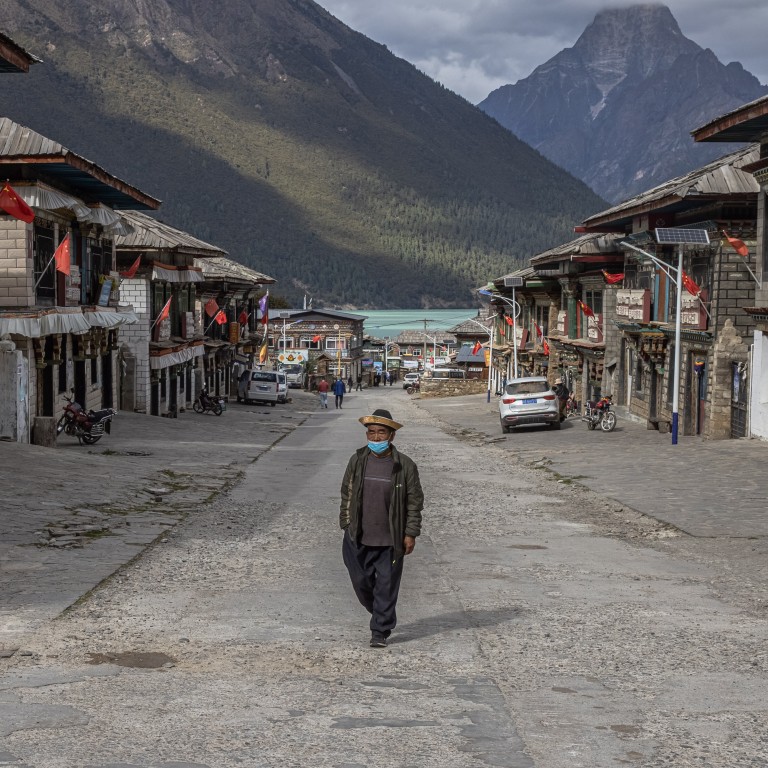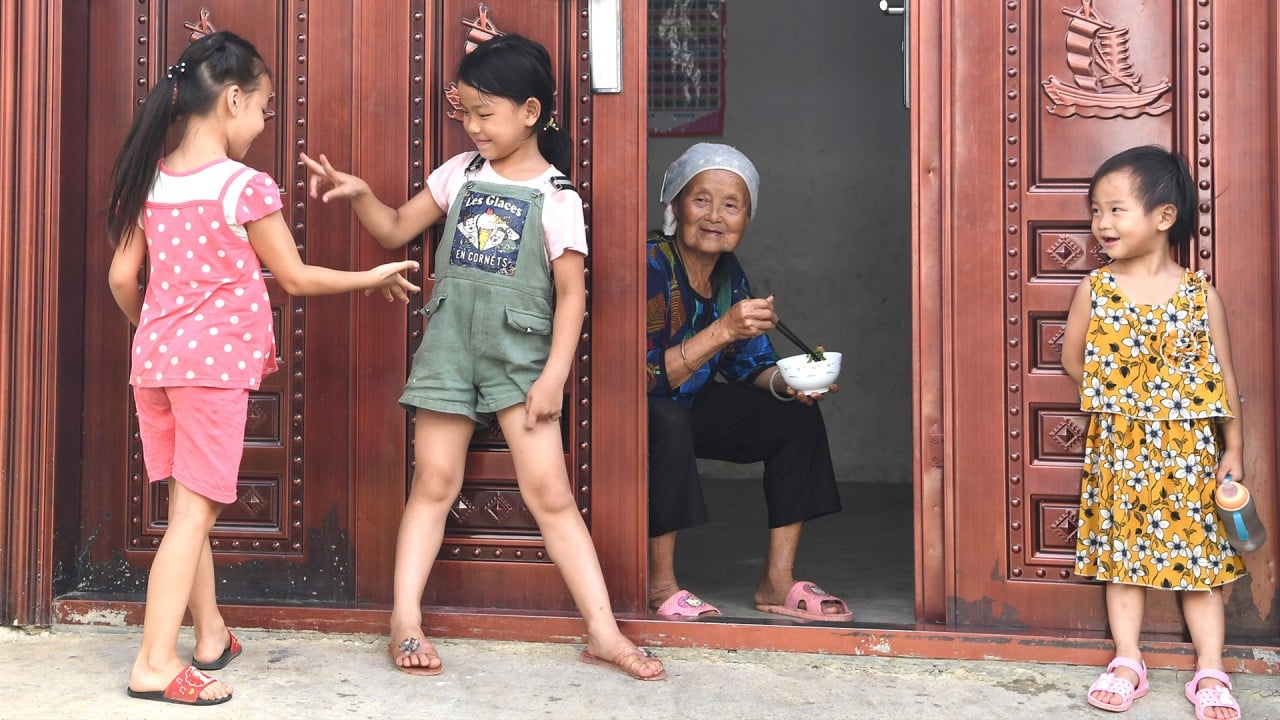
China’s Xi Jinping declares victory on poverty alleviation, but warns of ‘unbalanced’ development
- Xi Jinping says nearly 100 million Chinese have been lifted out of poverty since 2013
- But China’s wealth gap is growing and rural poor remain vulnerable of slipping back into hardship
Xi Jinping has declared victory in China’s fight against poverty, claiming nearly 100 million people have been lifted out of extreme material deprivation after eight years of struggle.
“We have completed the task of poverty alleviation in the new era as scheduled,” the president said in a speech on Thursday during a meeting with the Politburo Standing Committee, the official Xinhua News Agency reported.
“Under current standards, all rural poor people have been lifted out of poverty and all poor counties have been removed. Absolute poverty and overall regional poverty have been eliminated.”
Despite Xi declaring an “impressive victory” that China could hold up to the world, critics say the official poverty threshold is too low and have questioned the sustainability of the government’s expansive poverty alleviation programme.

02:47
China looks to boost its middle class as it wraps up Xi Jinping’s anti-poverty drive
In his speech, Xi acknowledged there was more work to do, pointing out the danger inequality posed for the world’s second largest economy.
“The problem of unbalanced and insufficient development in the country is still prominent and the task of consolidating and expanding the results of poverty alleviation is still difficult,” he said.
Stabilising the labour market, boosting vocational skills training, and strengthening labour coordination between prosperous eastern provinces and the landlocked western regions needed attention to prevent people slipping back into poverty, Xinhua reported following the meeting of China’s supreme political body.
Beijing spent 384.4 billion yuan (US$58.6 billion) between 2016-19 to alleviate poverty and 146.1 billion yuan this year alone, when impoverished communities were particularly hard hit by the coronavirus pandemic, according to the Ministry of Finance.
Poverty in China is defined as an annual cash income of about 4,000 yuan (US$610), but critics have long argued the threshold is too low.
The per capita annual cash income of 4,000 yuan equates to a living standard of US$2.20 per day, according to the State Council Leading Group Office of Poverty Alleviation and Development, although this is still slightly higher than extreme poverty defined by the World Bank as living on less than $1.90 a day in 2020.
Despite its gains, observers have questioned the sustainability of China’s poverty reduction programme, as it depends on central government subsidies and that may mean some people fall back into hardship if funding dries up.
Per capita disposable income of urban residents was 20,524 yuan in the first three quarters of 2020, more than that of rural residents and up from 13,070 yuan in the same period seven years ago, when the National Bureau of Statistics first made the comparative data available.
“In 2020, China will eliminate absolute poverty and turn to relative poverty, which puts forward higher requirements for the identification and assistance of rural elderly,” said a commentary from the university’s China Anti-Poverty Research Institute this week.
“After 2020, China should establish a relatively multidimensional poverty standard, improving the identification of rural elderly poverty, focusing on the welfare of low-income elderly in rural areas, including income, health, psychology and quality of life.”

